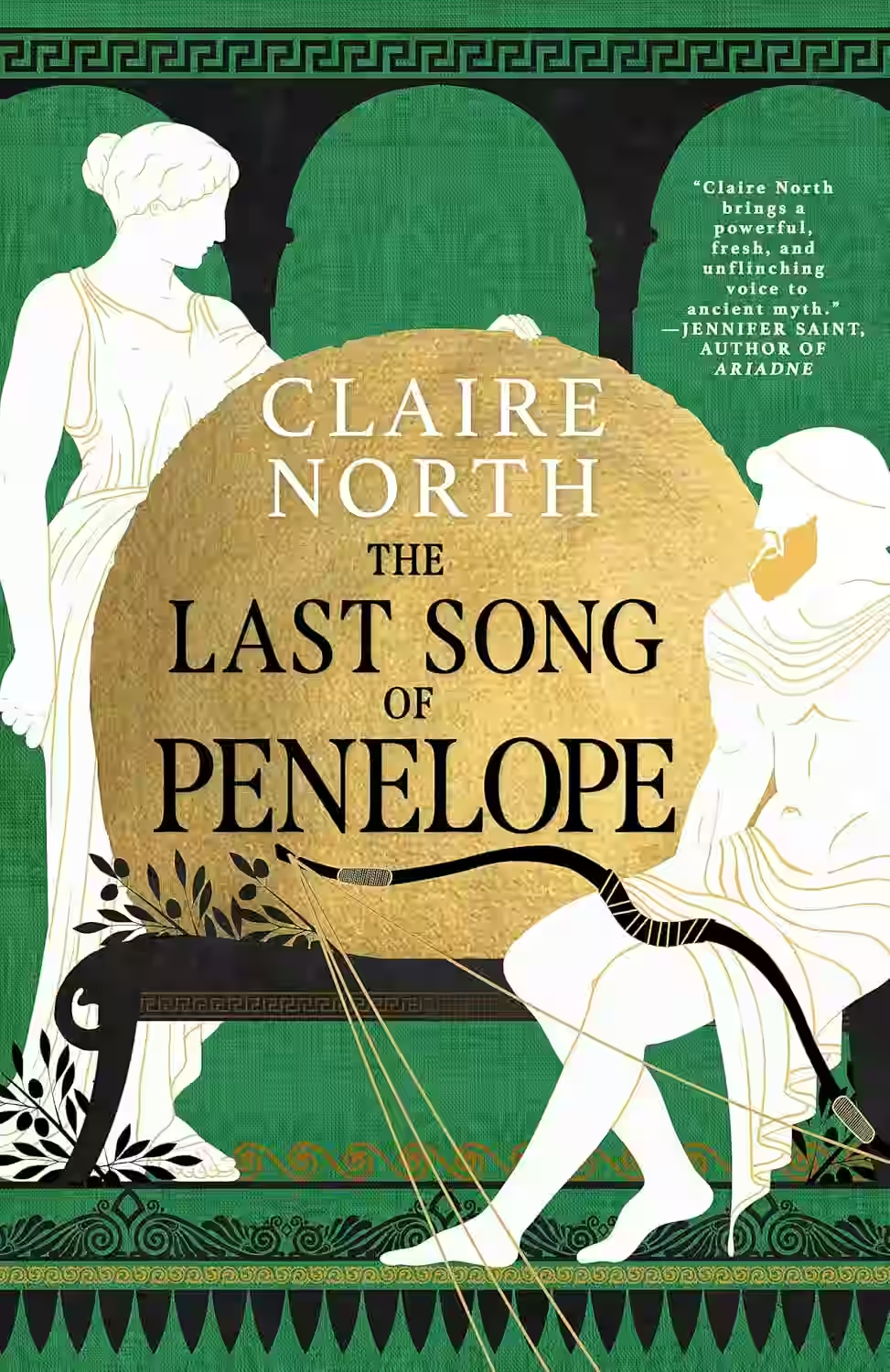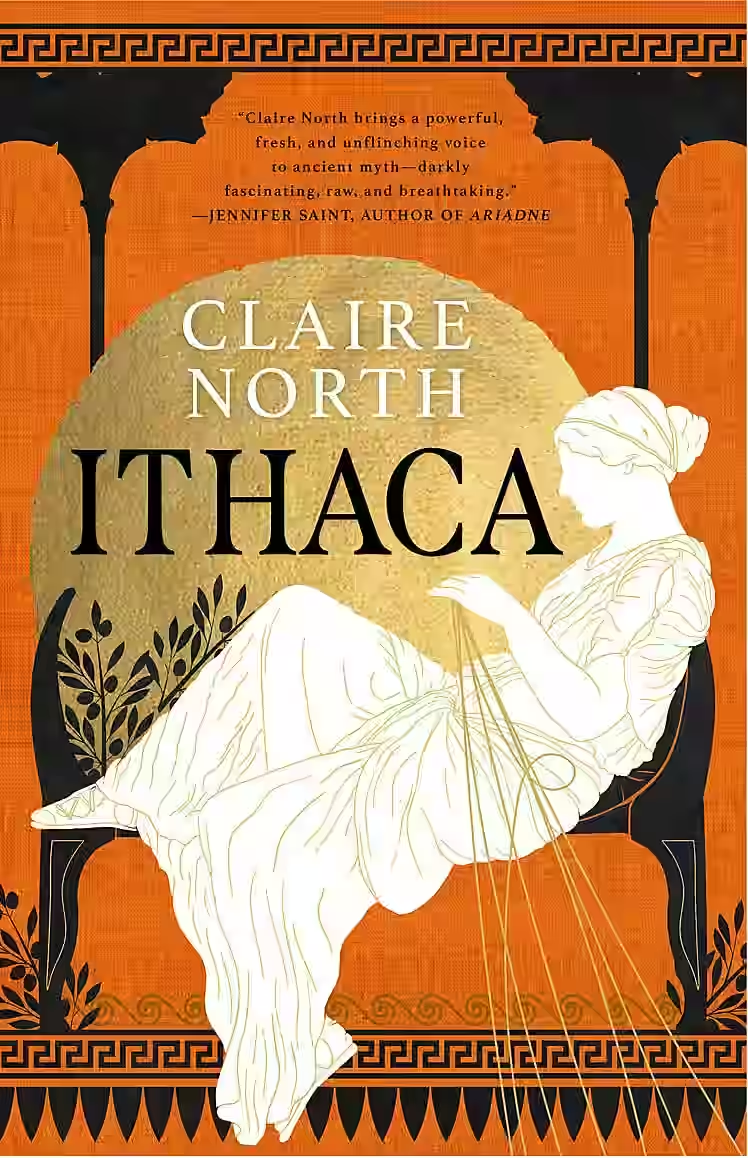
David Malouf's 'Ransom' offers a poignant reimagining of a brief, but pivotal episode in Homer's 'Iliad'. The novel focuses on King Priam of Troy's journey to retrieve the body of his slain son Hector from the Greek warrior Achilles. Malouf explores themes of grief, redemption, and the transformative power of human compassion. The narrative shifts between Priam's introspective reflections and Achilles' struggles with his own wrath and sorrow, delving into the interplay of fate and vulnerability in the face of monumental loss. Malouf's lyrical prose and deep empathy for his characters render this tale not just a retelling, but a profound meditation on the potential for change and understanding even amidst the chaos of war.
About David Malouf
An acclaimed Australian author, known for his lyrical prose and historical fiction that often explores themes of memory, identity, and the complexities of the Australian landscape. His works, including Remembering Babylon and An Imaginary Life, blend historical detail with philosophical inquiry and poetic sensitivity, creating deeply resonant narratives that have earned him international recognition.
Other Books by David Malouf

Remembering Babylon
by David Malouf
Remembering Babylon is a historical novel set in 19th-century Australia that explores themes of race, belonging, and the clash of cultures. When a white man raised by Indigenous people appears in a small settlement, his presence stirs fear and prejudice, forcing the community to confront their own assumptions and the complexities of identity.
Similar Books

The Last Song of Penelope
by Claire North
Series: The Songs of Penelope (#3)
In 'The Last Song of Penelope,' Claire North reimagines the classic tale of the Odyssean legend from the perspective of Penelope, the enduring wife of Odysseus. This novel delves deeply into themes of love, endurance, and the silent strength of women, bringing a fresh voice to ancient mythology. North's portrayal of Penelope as a protagonist with her own agency and depth provides a vivid exploration of her struggles and resilience during Odysseus's prolonged absence. The narrative is imbued with imagination and mythological poignancy, effectively balancing lyrical prose with a pace that maintains the reader's engagement. 'The Last Song of Penelope' challenges the traditional narratives and plays with themes of loyalty and identity in timeless yet fresh ways. With its enchanting language and profound insights, this book is a testament to the unheralded songs of those history has often left silent.

Brideshead Revisited
by Evelyn Waugh
Evelyn Waugh's 'Brideshead Revisited' masterfully captures the essence of nostalgia and the complexities of class and religion in early 20th-century England. The novel follows Charles Ryder, an artist and army officer, as he reflects on his youth and intricate relationship with the aristocratic Flyte family. At its core, it is a poignant exploration of faith, love, and memory, set against the backdrop of the opulent Brideshead Castle. Through Waugh's lyrical prose, the narrative scrutinizes the decline of the British aristocracy and the relentless march of modernity. With its richly drawn characters and a profound sense of loss, it remains a classic meditation on the passage of time and the enduring pull of the past.

Ithaca
by Claire North
Series: The Songs of Penelope (#1)
In 'Ithaca,' Claire North masterfully reimagines the legend of Penelope, exploring themes of power, patience, and survival against the backdrop of a fantastical ancient Greece. The narrative offers a fresh perspective on Penelope, a woman often overshadowed by her husband, Odysseus, yet who exudes resilience and astute political acumen while ruling in his prolonged absence. North's lyrical prose and dynamic storytelling paint a vivid picture of a kingdom in waiting, delving into the intricacies of female agency and the silent strength required to maintain authority amidst uncertainty and threat. Through rich characterization and a compelling plot, 'Ithaca' elevates a timeless myth into a poignant meditation on identity and control.

Lavinia
Ursula K. Le Guin's "Lavinia" breathes life into a briefly mentioned character from Virgil's epic, the Aeneid. In this novel, Lavinia, a princess of Latium, finally gets her own story, stepping out of the shadows to narrate in a first-person perspective. The novel beautifully blends historical fiction with mythological elements, offering a fresh narrative that explores themes of fate, autonomy, and the struggles of self-definition. Through Lavinia's eyes, the reader is drawn into the era's political intrigues and personal desires. Le Guin's masterful writing invites reflection on the nature of truth and the legacy of stories untold. Her evocative prose and richly detailed settings envelop the audience in a bygone world that echoes with both personal and epic echoes, making it an essential read for fans of historical and mythological fiction.